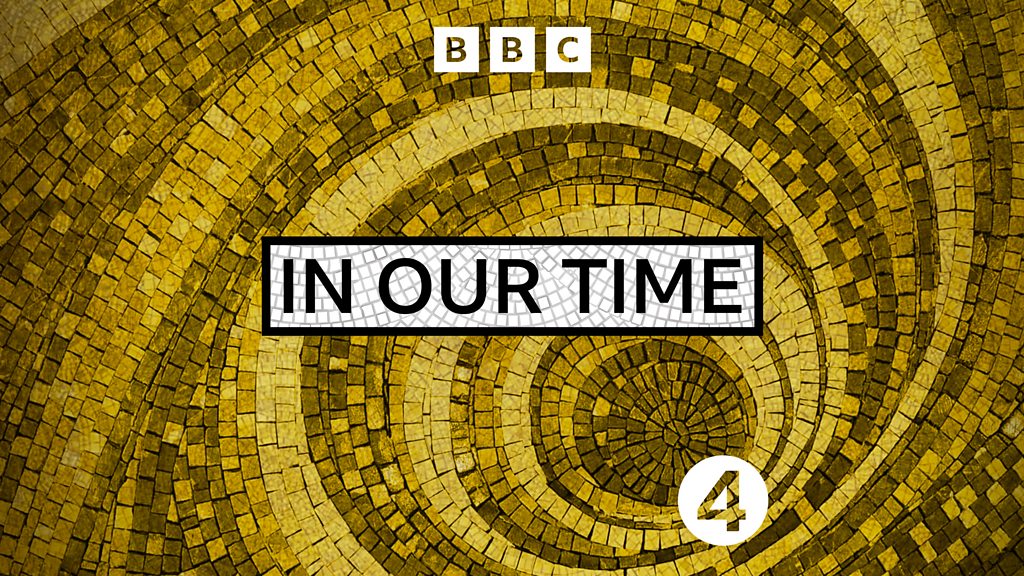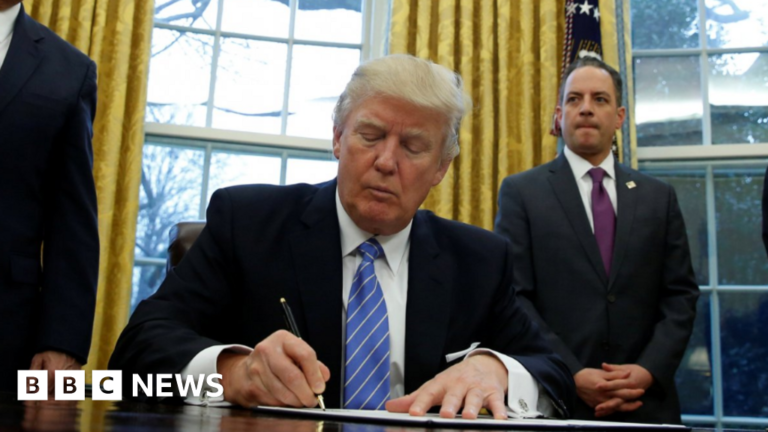The ability to engage in discussions with those who hold differing views has been a cornerstone of intellectual and theological debate since the Reformation. This period, marked by significant religious and philosophical shifts in Europe, underscored the importance of dialogue and the exchange of ideas, even with adversaries.
The Reformation, led by figures such as Martin Luther, was characterized by a ferment of religious thought and critique, much of which was directed against the established doctrines of the Catholic Church. The ensuing debates and discussions, often heated and contentious, served to clarify theological positions and to challenge prevailing beliefs.
Engaging with opponents during this time allowed for several key outcomes. Firstly, it facilitated a deeper understanding of opposing viewpoints, enabling proponents of different theological perspectives to refine their arguments and to identify potential weaknesses. This process accelerated the development of more nuanced and robust theological positions.
Secondly, ongoing conversations with adversaries promoted a culture of critical thinking and intellectual honesty. Scholars and theologians were compelled to defend their beliefs against rigorous scrutiny, fostering an environment where ideas were tested and validated through open debate.
Lastly, the practice of maintaining discourse with opponents helped to prevent the entrenchment of dogmatic thinking. By considering alternative perspectives, individuals could avoid becoming isolated within their own theological or philosophical bubbles, and instead, engage in a broader, more inclusive dialogue that enriched their understanding of complex issues.
In conclusion, the value of keeping conversations going with opponents, as exemplified from the Reformation onwards, lies in its capacity to stimulate critical thought, foster intellectual growth, and promote a richer understanding of diverse perspectives. This legacy continues to inform contemporary discussions across various fields, underscoring the enduring importance of respectful and open dialogue, even in the face of profound disagreement.
Source link




